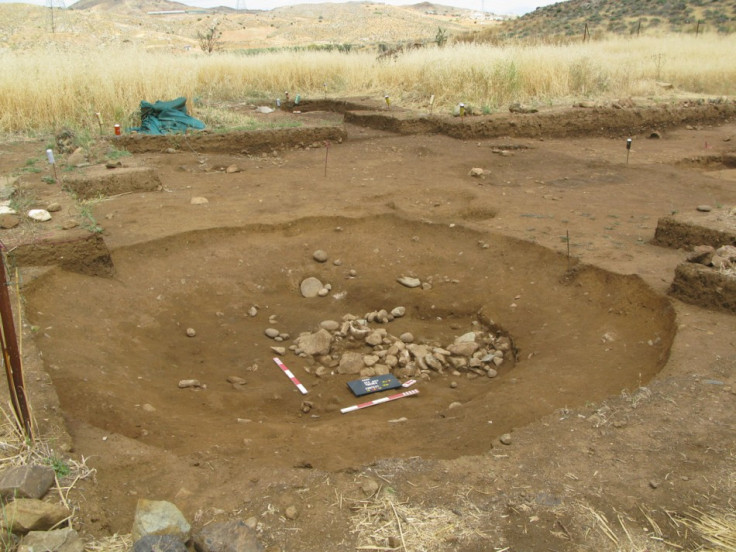Humans Inhabited Mediterranean 1,000 Years Earlier than Thought

Artefacts discovered at an excavation site in Cyprus suggest that humans inhabited Mediterranean at least a thousand years earlier than thought before.
Archaeologists at the University of Toronto, Cornell University and the University of Cyprus have found a complete female figurine, the earliest complete human figurine ever found on the small Mediterranean island.
The discovery was made at the early Neolithic site of Ayia Varvara-Asprokremnos (AVA), which is carbon-dated to between 8800-8600 BC.
The Late Stone Age site, discovered in the early 1990s, was established when the economies throughout the Middle East was seeing a transition from hunting to farming.
The figurine was found in a collection of igneous stone objects, including two flat stone tools, one with extensive red ochre residue, which indicate evidence of manufacturing activities in the region.
"This tells us that Cyprus was very much a part of the Neolithic revolution that saw significant growth in agriculture and the domestication of animals," Sally Stewart, a research fellow at University of Toronto Archaeology Centre, said in a release.
"With farming came a surplus of wealth, in both food and time. People now had the time to specialize in other roles such as manufacturing, and they had the time to spend making figurative art," he added.
According to the department of antiquities, the occupants of Ayia Varvara-Asprokremnos carried cultural traditions, intensive resource procurement and manufacturing activity to Cyprus about 11,000 years ago.
The site is located near a chalk bed and large sulphite deposits, which likely aided hunter gatherers in tool making and also attracted settlers from what are now northern Syria, Turkey and Lebanon to Cyprus.
"People would have seen the mountains and they were likely attracted by the abundance of chert rock beds. They were already using chert to make stone tools and would have wanted to exploit the resource," Stewart concluded.
© Copyright IBTimes 2025. All rights reserved.






















